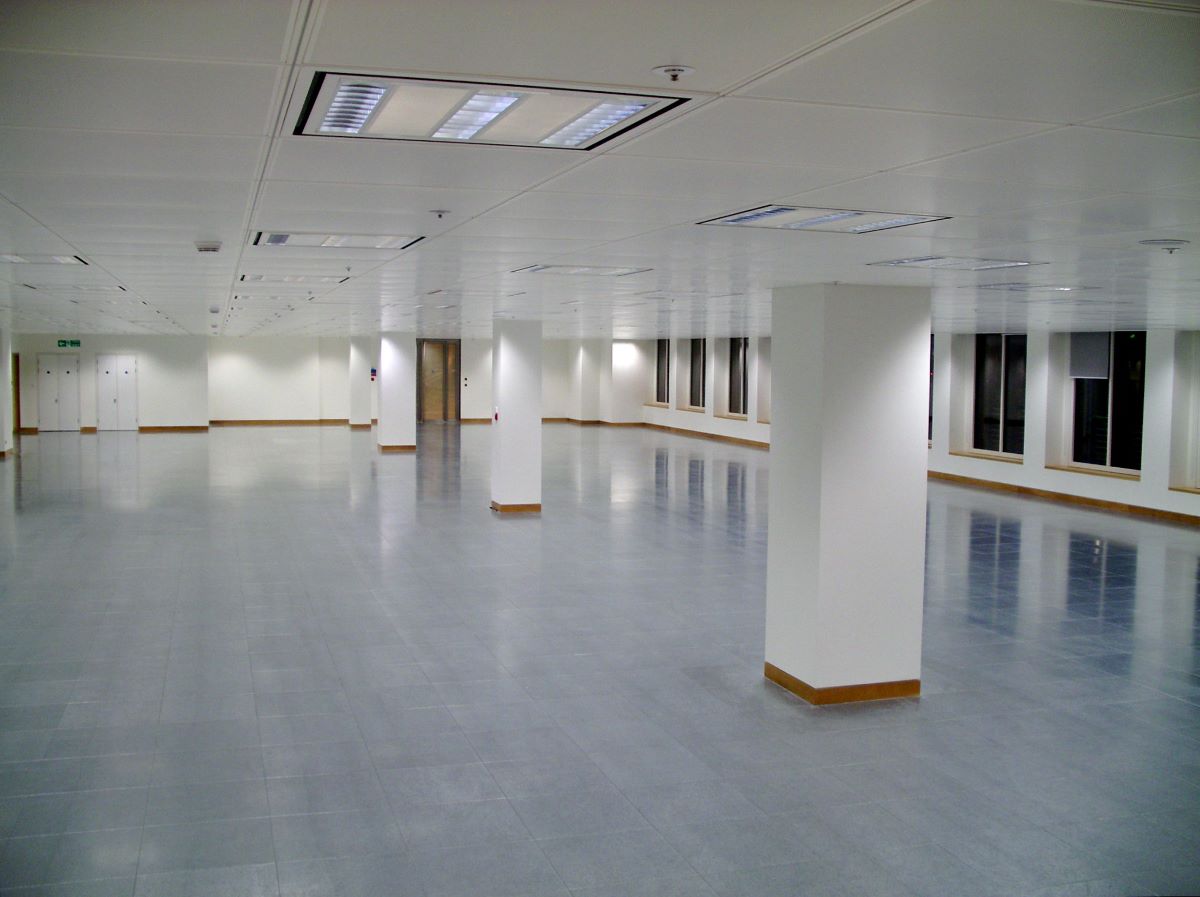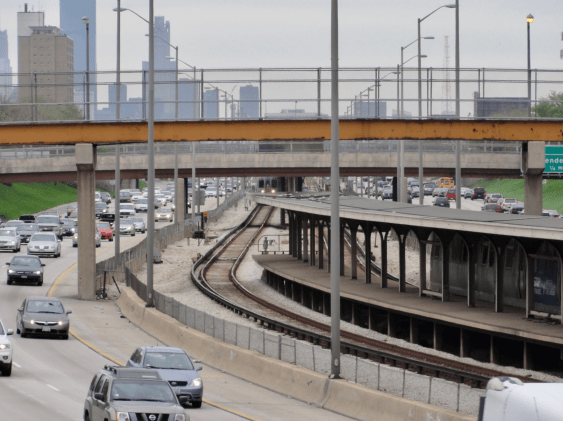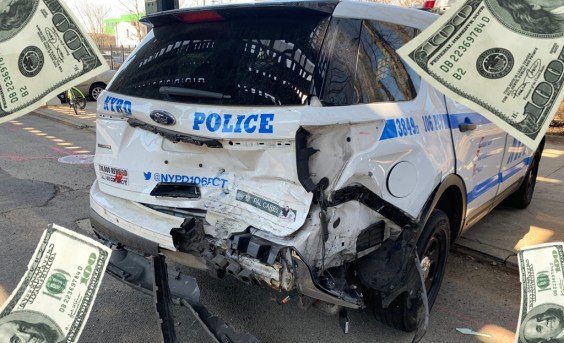The last decade has often been heralded as a "back to the cities" moment, a time when Americans have been excited to return to the walkable lifestyle many abandoned two generations before. A new report from New Jersey's Rutgers and Rowan Universities throws a little cold water on that optimism, though, pointing out that even the most densely populated state in the Union sprawls further out into the countryside every year.
Member blog Garden State Smart Growth picks out some of the report's lowlights:
Between 2002 and 2007, New Jersey’s rate of land development significantly outstripped population growth: population increased by only 1.1 percent, but the amount of developed land increased by 5.3 percent, nearly five times faster…
Since 1986, when these land-use data were first produced, the state’s development footprint has expanded by more than 25 percent, consuming an additional 323,809 acres, or about 500 square miles — an area larger than Cumberland, Monmouth or Morris counties
That's the price you pay for transportation and land use policies that make the car king: the loss of your open space, forests, and farmland. Garden State Smart Growth also points the finger at New Jersey's fragmented, hyper-local planning process as a contributor to the state's sprawl:
The low-density quality of recent development is a direct product of local zoning regulations that often serve to obstruct the market forces that are otherwise pushing toward more compact development — developers are often the most vocal proponents of higher density. Unfortunately, the thousands of local decisions by planning and zoning boards across the state do not necessarily add up to a statewide optimum; in fact, in the aggregate they can have a detrimental effect, as this report illustrates. A big-picture perspective is needed.
They recommend beefing up the State Plan, which is currently a voluntary document that only sometimes receives attention from government agencies.
The New Jersey report also helps refute two tried and tired attacks on smart growth. It shows how important building livable communities is for rural areas; in many parts of the country, if growth doesn't shift to already-developed areas, there won't be any rural communities left. The report also reminds libertarians that smart growth isn't a new government imposition into who can build where. That regulation already occurs, to disastrous effect.
Elsewhere around the network: The Wash Cycle reports that Prince George's County is starting to catch up on bike infrastructure. Cycling Fun Montreal says that you're 25 times more likely to be involved in a crash if you bike on the sidewalk (you're just more likely to be the one doing the damage). And Urban Review STL shows how curb cuts are necessary for transit accessibility.





